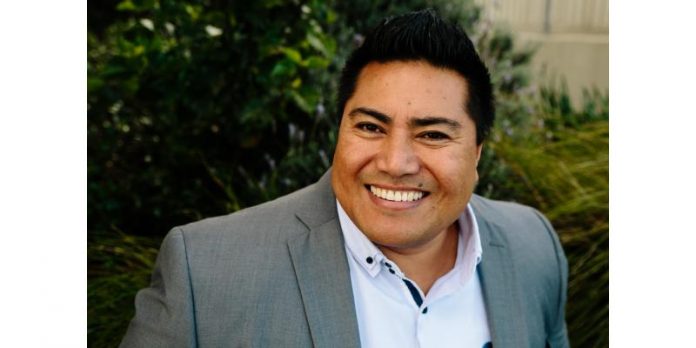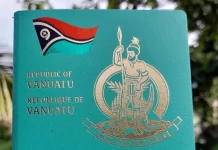New Zealand’s Pacific organisations need to lead by example when it comes to providing governance opportunities for the many ideal Pacific candidates in our midst.
Co-founder of WE Accounting and Pacific Education Centre (PEC) Board Member Eli Tagi says he knows of some large organisations which are slowly beginning to address the issue of having more Pacific faces on their boards.
“However, to even start to address the issue, there needs to be Pacific people on the boards of Pacific-led organisations and others,” Eli says.
“With the projected increase in the Pacific population in New Zealand over the next 20-30 years, it is even more imperative we get more Pacific people into the boards of these large organisations to help make meaningful change not only for our Pacific peoples but for Aotearoa as a whole.”
Pacific people bring a cultural lens to governance positions, which Eli believes is a point of difference currently missing in a lot of our mainstream boards.
“Our Pacific culture plays a big part in our Pacific peoples’ lives – and this is not really being addressed at a lot of these organisations.”
Born in Samoa, Eli moved to New Zealand with his family when he was three years old.
He attended primary school in South Auckland, before transitioning to Mangere College, where he excelled at Accounting.
Eli enrolled at the University of Auckland to start a Bachelor of Commerce, and after a couple of years, started working to support his young family.
“I worked in Merchandising and worked my way up to becoming an Area Manager for an industrial safety wear company looking after a territory stretching from Orewa up north to Morrinsville down in the Waikato.
“During this time, I decided to go back to study part-time at Manukau Institute of Technology starting with a Diploma in Business and after completing this kept on studying towards a Bachelor in Business until I graduated.
“It was at this point I decided to switch my careers back to Accounting and started in an entry Auditor role at the Inland Revenue Department (IRD).”
Eli continued studying and completed a graduate diploma, began his professional studies for his Chartered Accountant (CA) qualification, started a job at RSM and worked there until he became a CA in 2011, and a Certified Public Accountant (CPA) the following year. Just recently Eli was accepted as a CA for the Samoa Institute of Accountants (SIA).
In 2011, Eli and his wife and business partner Wyndi Tagi founded WE Accounting, one of the few Pacific and Maori chartered accounting firms in Aotearoa.
The accounting practice provides support, guidance and opens growth opportunities to small and medium sized New Zealand businesses.
“WE know SMEs are the backbone of the economy and when they thrive, so too do families, communities and our economy,” Eli adds.
“WE want to be a catalyst for change within the accounting industry, not only by providing a different type of service to clients, but by being leaders in diversity and acting as role models for young people in our communities.”
Eli has taken on many governance roles during his career and currently he is a Board Member and Chair of the Audit and Risk Committee for PEC, and Board Member/Treasurer at Trust MYRIVR and Be the Connection Charitable Trust.
He is also a Board Member at Pacific Island Chartered Accountants Network (PICAN), and Board Advisor for the Pacific Island Dance Fono Charitable Trust and Tautai Pacific Arts Trust.
Eli explains getting into board governance was a natural progression from his current work and gives him the ability to give back to his community.
He truly enjoys helping to grow organisations to the point where he can leave the board with the knowledge the organisation has built in systems and processes to continue growing without his presence.
“I love to work with organisations and help them become sustainable, utilising my skills and experience in business from working with hundreds of business clients to help drive boards to realise their potential and to empower their teams to achieve their goals and aspirations,” he says.
SOURCE: FETU PASIFIKA















